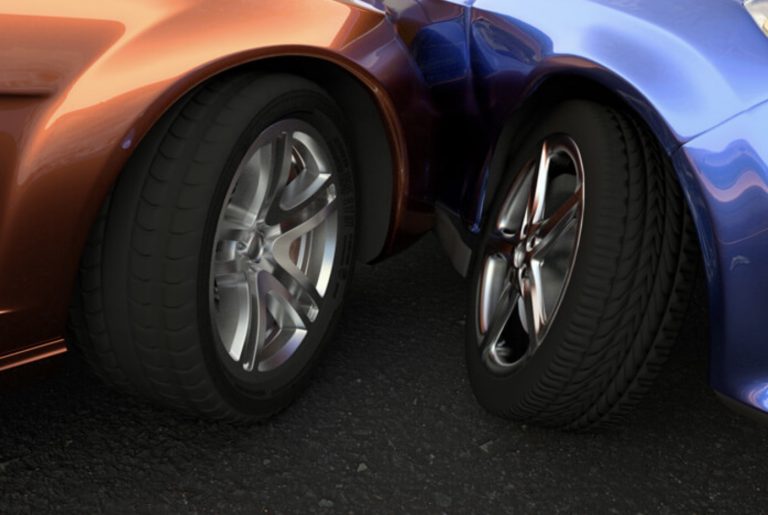Property insurance and casualty insurance are actually two separate lines of coverage, but in the United States almost six million vehicle accidents happen every year. This resource gives an indepth look at property and casualty license. Thankfully, most of them merely result in property damage — that is, damage to the car rather than the people. However, one out of every three incidents results in bodily harm to the driver or passengers, with two from every ten accidents resulting in serious accidents. You could do several actions to protect yourself and your interests if you are involved in a car accident. If you are involved in a car accident, here is a list of the top 10 things you should do:
Story Stages
1. Stop
After you’ve met with an accident, the first thing that you must do is call emergency services, whether 911, your local police department, or an ambulance service that you can find in your phonebook.
2. Report The Accident
Call your insurance company as soon as possible and connect with your lawyer who handles car wrecks to get proper help. You will need to report the accident and discuss any injuries or other damage that were sustained in the crash.
3. Protect The Scene
As soon as you’re able to, if the scene is safe and appears to be unharmed, move into a position where it can be easily seen, so someone doesn’t accidentally drive over any evidence. If there was an animal in the car with you when the accident happened (e.g., pet), try your best not to leave it behind.
4. Take Proof Pictures
Please take pictures of the overall scene, your vehicle, and where it was parked before you moved it. Take a picture with measurements from landmarks in the background like buildings or trees to help find the spot later on.
5. Call The Police
Call the police. It’s essential to document any damage done and note what happened during your accident, just in case there are questions later on, or you need to file a claim for personal injury protection with a car accident lawyer. You will also need the police accident report to protect yourself after the accident and in case you need to deal with any service providers. If you don’t have a phone with GPS capabilities, call 911 as soon as possible so that they can track down your location via your cell signal.
6. Make An Accurate Record
Make an accurate record of every detail about the accident. This means everything from who was driving, where it happened, what road you were on, and your license plate number. Write this information down in a notebook or paper so you can remember all the details as soon as possible.
7. Exchange Information
If you don’t have insurance, call your car’s insurer and exchange information. It is also recommended to take a photo of the driver’s license for verification purposes if there are any discrepancies later on in the process.
8. Seek Medical Attention
If you are injured or suspect that any of the people in your vehicle have been damaged, call 911. If no one is hurt and both cars can be driven away from the scene, exchange insurance information with the other driver before leaving.
9. Keep A File
When you suffer a car accident, it’s essential to keep all of your documentation. That includes the police report, copies of any insurance claims or notices from an insurer that they need more information, and other correspondence with insurers.
10. Protect Your Rights
While you might want to call your insurance company, or the other driver’s insurer, as soon as possible after an accident—it is essential to have legal representation present. This will protect your rights and ensure that all aspects of the incident are adequately addressed by law enforcement and in court if necessary.
The Bottom Line
If you’re in a car accident, the immediate aftermath can be very confusing. Make sure that you follow all the points mentioned above if you’ve met with an accident.
